-
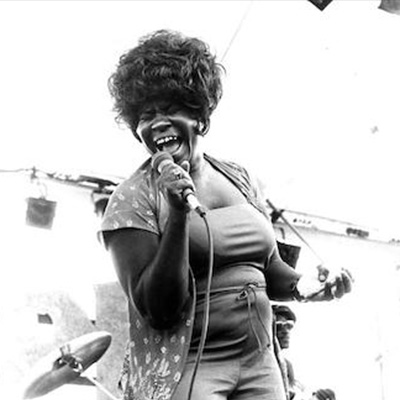
Tribute to BB King and Koko Taylor ft. Ms. Zeno The Mojo Queen & Memphis Gold
Join us for a tribute celebrating the iconic King and Queen of the Blues, Koko Taylor and BB King. Koko...
Arts, Performance, Performances, Performances, Senior

-
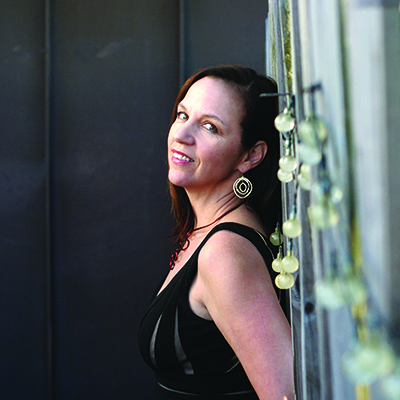
Lynn Veronneau Trio
Award-winning group VERONNEAU delights audiences with their eclectic repertoire, featuring songs in English, French, Portuguese, and Spanish. Their vibrant musical...
Arts, Performance, Performances, Performances

-
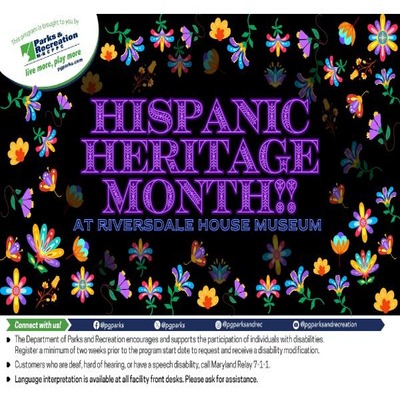
Hispanic Heritage Month: Learn about Microscopy with the Mount Rainier Nature Center
Health & Wellness, Lifestyle & Learning, Senior, Youth, Youth Free

-
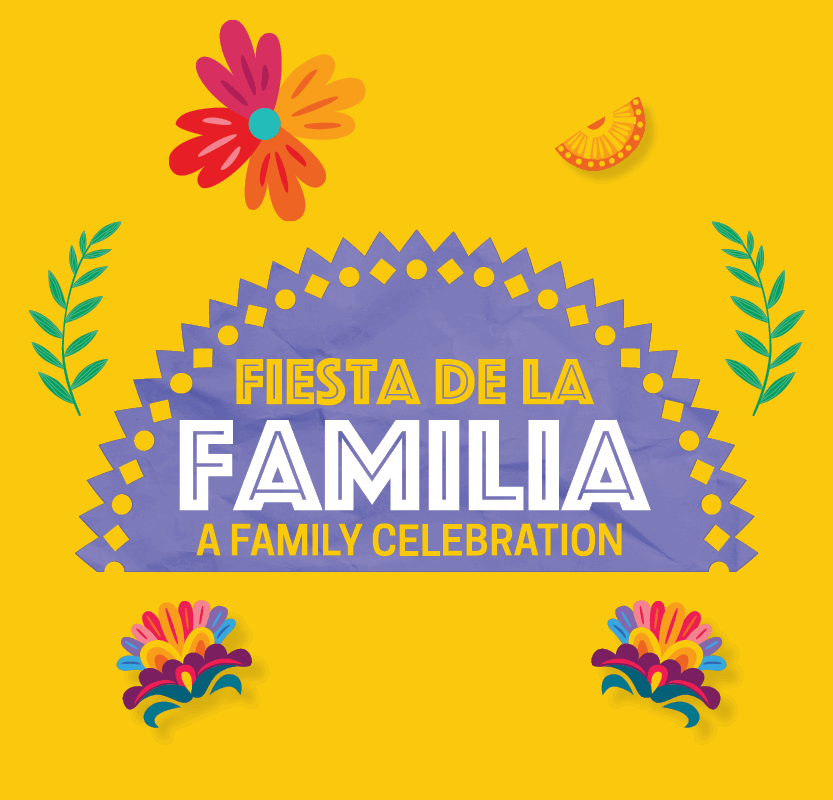
Fiesta de la Familia
Arts, Heritage Celebrations, Hispanic Heritage Month, History, Lifestyle & Learning, Performance, Performances, Performances, Senior, Youth Free

-
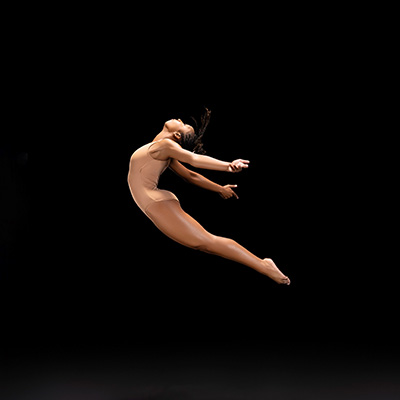
TEXTURES
TEXTURES marks the premiere concert of Textures Dance Theatre, a bold, Black-led contemporary dance company. This debut work explores vulnerability,...
Arts, Dance Showcases, Performance, Performances, Performances

-
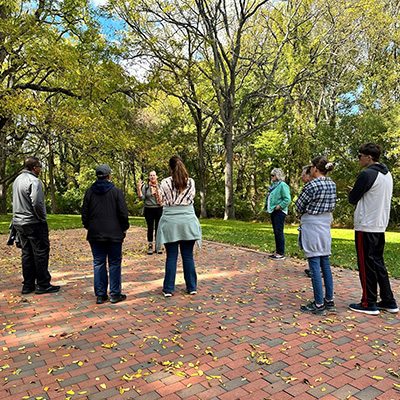
CANCELED - Mindfulness Walk Connecting History and Nature at Marietta
History

-

Hispanic Heritage Month: Community Conversation
Arts, Hispanic Heritage Month, History, Lifestyle & Learning, Performance, Performances, Performances, Senior, Tours, Youth, Youth Free

-
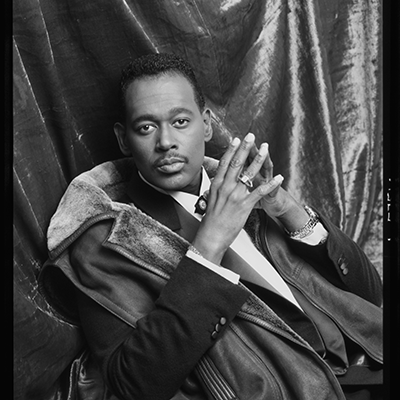
Luther: Never Too Much (2024)
This celebration of the life and work of one of the greatest musical vocalists and performers of all time explores...
Arts

-
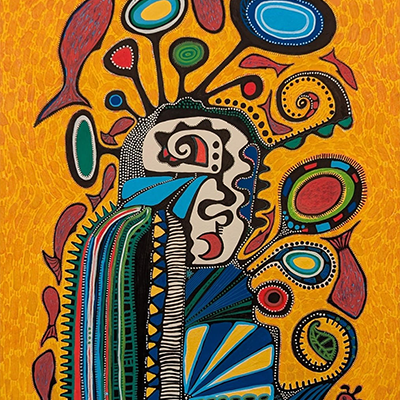
Puntadas Invisibles (Invisible Stitches) - Artist & Curator Talk
Curated by Wilfredo Valladares, Puntadas Invisibles (Invisible Stitches) brings together five artists—Fabiola Alvarez Yurcisin, Gerardo Camargo, Glory Paredes, Irene Clouthier,...
Arts, Exhibition

Tribute to BB King and Koko Taylor ft. Ms. Zeno The Mojo Queen & Memphis Gold
More Event Dates
Thursday, October 16, 2025
11:00 am - 12:00 pm
(1) Remaining dates for this event
Join us for a tribute celebrating the iconic King and Queen of the Blues, Koko Taylor and BB King. Koko Taylor captivated audiences with her raw, powerful vocals. At the same time, BB King is revered as one of the most influential blues musicians ever, dedicating his life to sharing the soulful essence of music. This tribute will feature soul blues legend Ms. Zeno, The Mojo Queen, and Memphis Gold. Ms. Zeno earned her legendary title through her extensive career as a performer on the world-famous Beale Street, and Memphis Gold is a well-known DC-based blues artist. Don’t miss this tribute honoring the finest songs of these blues legends.
Learn MoreLynn Veronneau Trio
More Event Dates
Wednesday, October 15, 2025
2:00 pm - 3:30 pm
(1) Remaining dates for this event
Award-winning group VERONNEAU delights audiences with their eclectic repertoire, featuring songs in English, French, Portuguese, and Spanish. Their vibrant musical world spans samba, bossa nova, swing, and French chanson, with original compositions. Based in Washington, D.C., VERONNEAU draws capacity crowds at major venues like Blues Alley, Strathmore Main Hall, and the Kennedy Center. They headline U.S. festivals such as the Annapolis Jazz & Roots Festival, DC Jazz Festival, and Alexandria Jazz Fest, as well as the UK’s Beat Herder festival. Honored with multiple awards, their album Love & Surrender reached the Top 5 and stayed for four months.
Learn MoreHispanic Heritage Month: Learn about Microscopy with the Mount Rainier Nature Center
More Event Dates
Wednesday, October 15, 2025
11:00 am - 1:00 pm
(1) Remaining dates for this event
Fiesta de la Familia
More Event Dates
Sunday, October 12, 2025
1:00 pm - 4:00 pm
(1) Remaining dates for this event
TEXTURES
More Event Dates
Saturday, October 11, 2025
7:00 pm - 8:30 pm
(1) Remaining dates for this event
TEXTURES marks the premiere concert of Textures Dance Theatre, a bold, Black-led contemporary dance company. This debut work explores vulnerability, resilience, and self-actualization, offering a visceral, movement-driven journey through identity, societal expectations, and emotional transformation. Rooted in personal truth, TEXTURES draws from the lived experience. More than a performance, TEXTURES is an invitation to witness, to feel, and to rediscover the connective threads of our shared humanity.
Learn MoreCANCELED - Mindfulness Walk Connecting History and Nature at Marietta
More Event Dates
Saturday, October 11, 2025
2:00 pm - 3:30 pm
(1) Remaining dates for this event
Hispanic Heritage Month: Community Conversation
More Event Dates
Saturday, October 11, 2025
2:00 pm - 4:00 pm
(1) Remaining dates for this event
Luther: Never Too Much (2024)
More Event Dates
Saturday, October 11, 2025
2:00 pm - 4:00 pm
(1) Remaining dates for this event
This celebration of the life and work of one of the greatest musical vocalists and performers of all time explores not just his musical talent but also his character, style, humor, relationship with family, friends, fans, and the incredible artists he collaborated with, including Beyoncé, Stevie Wonder, Whitney Houston, Dionne Warwick, David Bowie, Mariah Carey, Aretha Franklin, and more!
Learn MorePuntadas Invisibles (Invisible Stitches) - Artist & Curator Talk
More Event Dates
Saturday, October 11, 2025
2:00 pm - 4:00 pm
(1) Remaining dates for this event
Curated by Wilfredo Valladares, Puntadas Invisibles (Invisible Stitches) brings together five artists—Fabiola Alvarez Yurcisin, Gerardo Camargo, Glory Paredes, Irene Clouthier, and Sandra Pérez-Ramos—to explore migration, displacement, and the unseen connections shaping identity across borders.
Through diverse mediums, the exhibition reveals how heritage and movement intertwine, inviting viewers to consider their own ties to migration and belonging. These invisible stitches remind us that identity is never fixed but continuously woven, unraveled, and re-stitched anew.
Learn More